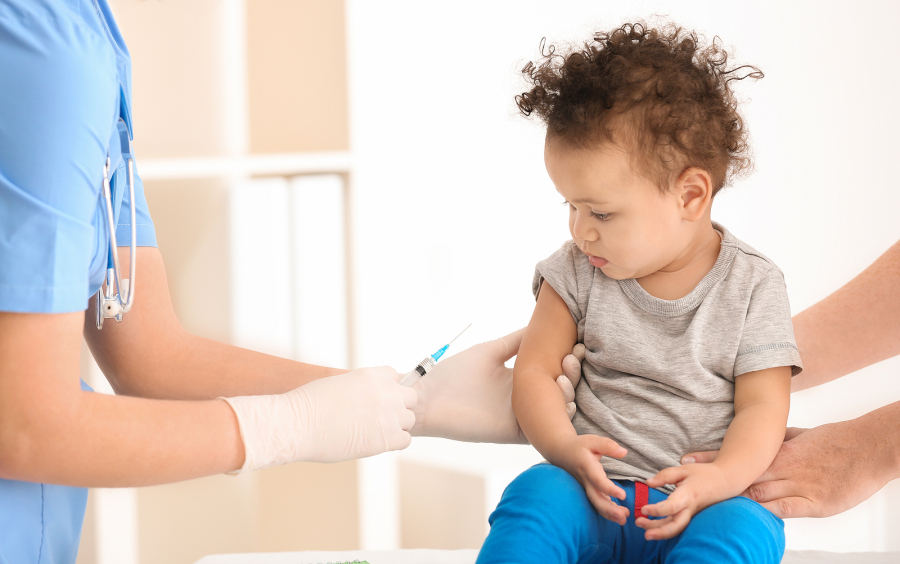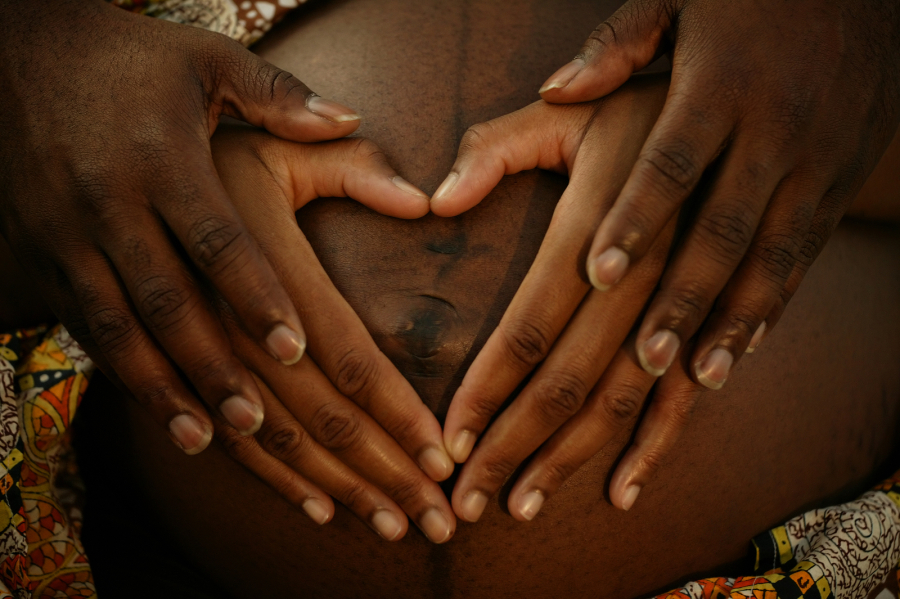Variation in association between breastfeeding and childhood wheeze

Published on Tuesday, 10 April 2018 Post
New research by Maria Quigley, Claire Carson and Yvonne Kelly helps shed light on why the association between breastfeeding and childhood wheeze varies in previous studies.
Using data on 10,126 children, they found that the association between breastfeeding and childhood wheeze (in the past year) varies according to the age at which wheezing is assessed. For example, babies who were breastfed for 6-9 months were less likely to experience wheezing at age 9 months, 3, and 5 years, but this 'protective' effect was less apparent at age 7 and 11 years (adjusted odds ratios 0.73, 0.78, 0.79, 0.84, 1.06 respectively). The pattern of wheeze throughout childhood can be described as the 'wheezing phenotype'. Breastfeeding was also associated with a lower odds of an 'early transient' phenotype (where the child had wheezing at any age up to 5 years but not thereafter) but not with other wheezing phenotypes such as 'late onset' (any time from age 7 but not beforehand) or 'persistent' (any time up to age 5 and any time from age 7). These results suggest that the association between breastfeeding and subsequent wheeze varies according to age at which wheezing is assessed, and underlying wheezing phenotype.
The paper is published in the American Journal of Epidemiology.




